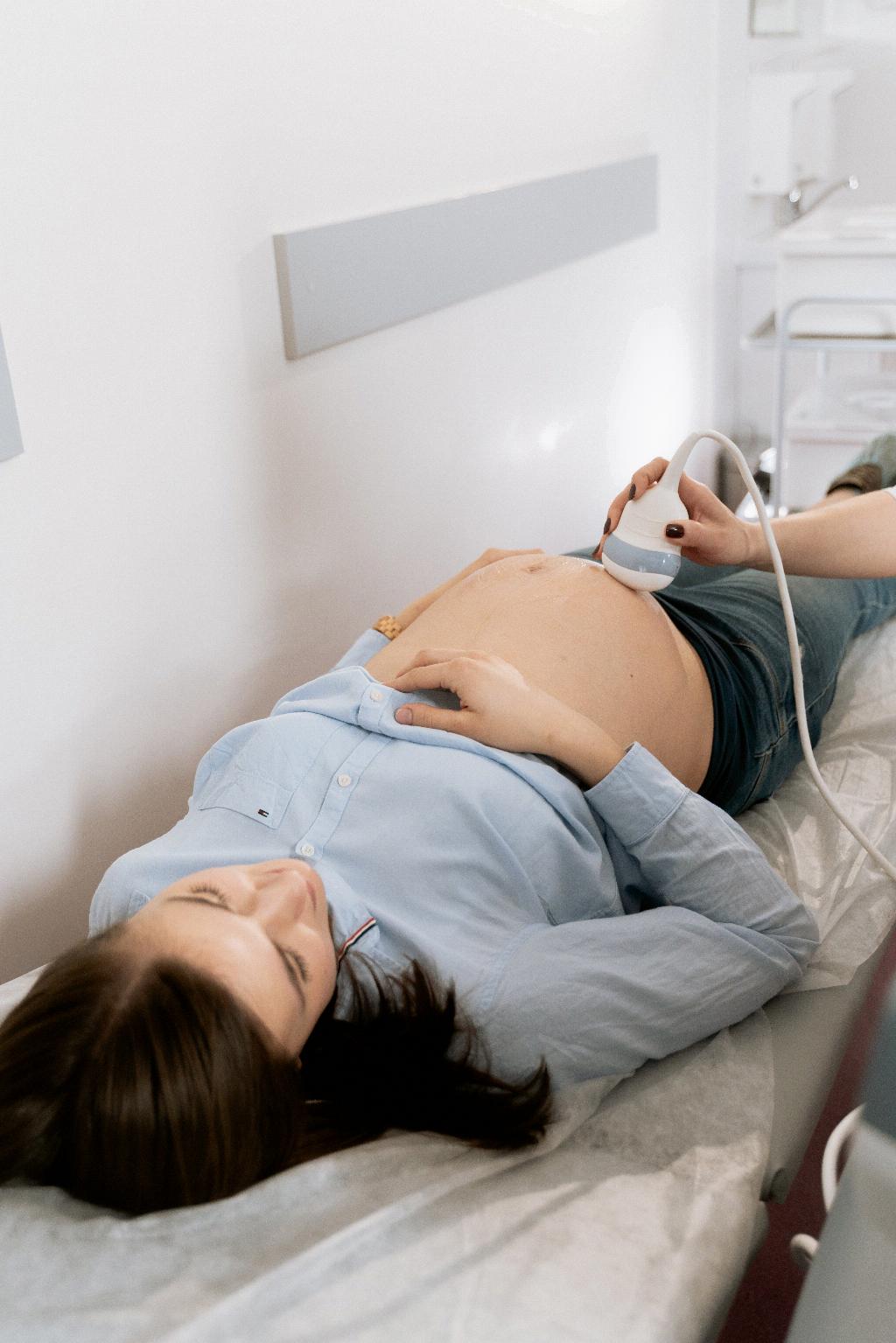When it comes to the health and well-being of expectant mothers, preeclampsia is a condition that often raises concerns. Preeclampsia is a serious pregnancy complication characterized by high blood pressure and often accompanied by protein in the urine. It typically occurs after 20 weeks of pregnancy and can lead to various symptoms that affect different parts of the body, including the hands.
One of the classic signs of preeclampsia is sudden and severe swelling, particularly in the extremities such as the hands and feet. This swelling, known as edema, is caused by the retention of excess fluids in the body. While swelling in itself may not directly lead to tingling hands, it can contribute to other conditions that result in such symptoms.
Interestingly, carpal tunnel syndrome is a condition that occurs when there is excessive pressure on the median nerve in the wrist, which can lead to pain, tingling, and numbness in the hand and fingers. It is worth noting that the swelling associated with preeclampsia could potentially exacerbate carpal tunnel syndrome or mimic its symptoms, leading to tingling sensations in the hands.
Moreover, the changes in blood flow and circulation that occur in individuals with preeclampsia may also play a role in causing tingling hands during pregnancy. The compromised circulation can affect the delivery of oxygen and vital nutrients to the peripheral nerves, leading to sensations of tingling or numbness in the hands.
Additionally, the hormonal shifts that take place during pregnancy, combined with the physiological changes that accompany preeclampsia, can further contribute to nerve compression and sensory disturbances in the hands. These factors create an environment where tingling hands become a plausible symptom of preeclampsia in expectant mothers.
It is crucial for pregnant individuals experiencing tingling hands to consult with their healthcare provider promptly. While tingling hands may be associated with preeclampsia, other conditions such as gestational diabetes or vitamin deficiencies could also manifest with similar symptoms. A comprehensive evaluation by a healthcare professional is essential for accurate diagnosis and appropriate management.
Furthermore, managing preeclampsia involves closely monitoring blood pressure levels, proteinuria, and other relevant parameters to ensure the well-being of both the mother and the developing fetus. Proper management strategies, including lifestyle modifications and medication, are often recommended to mitigate the risks associated with preeclampsia and its potential effects on maternal and fetal health.
In some cases, severe preeclampsia may necessitate hospitalization and more intensive interventions to prevent complications such as eclampsia, which involves seizures in individuals with preeclampsia. Close monitoring and timely interventions are key in safeguarding the health of pregnant individuals affected by preeclampsia and addressing symptoms such as tingling hands.
Ultimately, the potential link between preeclampsia and tingling hands underscores the importance of regular prenatal care and vigilance during pregnancy. Early detection and appropriate management of conditions like preeclampsia can significantly impact the outcomes for both the mother and the baby, emphasizing the critical role of healthcare providers in ensuring a safe and healthy pregnancy experience.
In conclusion, while tingling hands during pregnancy can be unsettling, understanding the potential connections to conditions like preeclampsia is essential for proactive healthcare. By being informed and proactive in seeking medical guidance and support, expectant mothers can navigate potential challenges and prioritize their well-being throughout the pregnancy journey.

